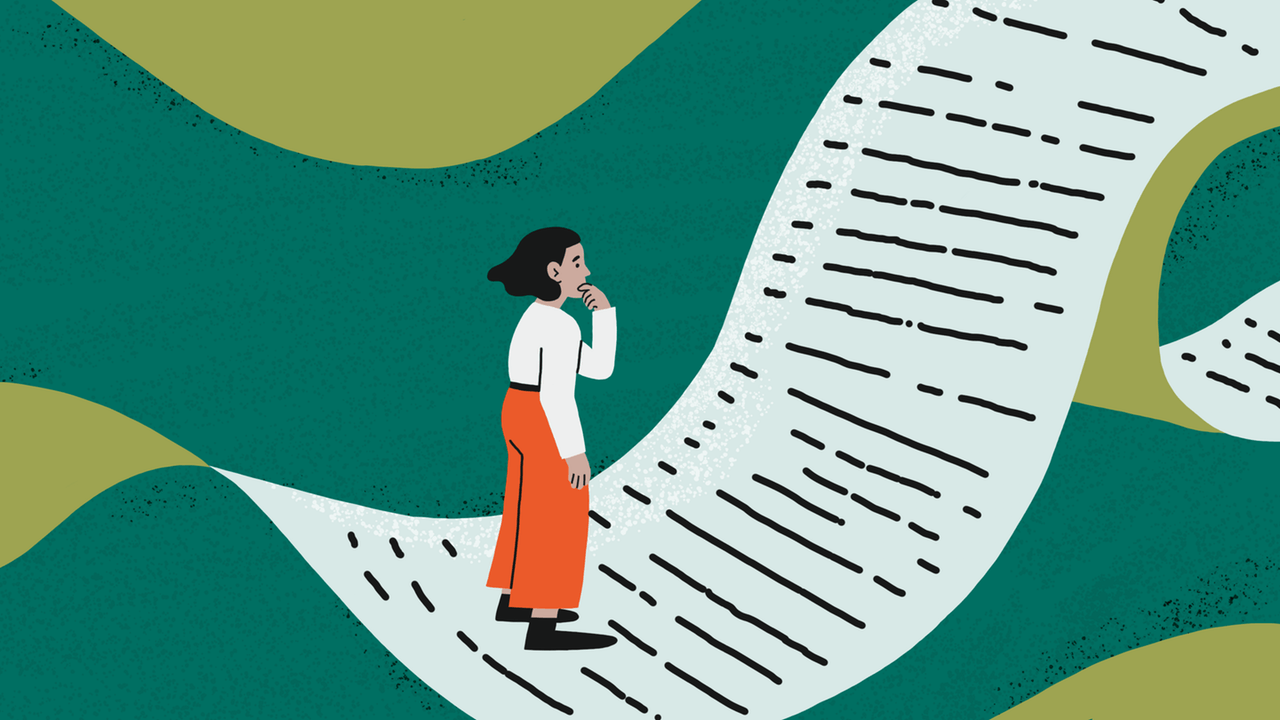Social isolation can be lonely. And for those battling mental illness, it can be especially challenging.
“In any crisis, the one thing professionals tell you to avoid is isolating,” said Brad Klontz, financial psychologist and associate professor at Creighton University. “Unfortunately, that isn’t a reality right now.”
The next few months may affect your mental health, said Klontz, but there are ways to mitigate the stress.
Expert tips on combating isolation
If you’re feeling isolated, know that you aren’t alone. Almost every state is practicing some form of social distancing, and millions of Americans are “likely in the exact same position you are,” said Klontz.
“Everyone is in it together,” said Klontz. “You may find comfort in that.”
Remember that social isolation is temporary, and by staying home you’re helping yourself and your community stay safe, said Paul Gionfriddo, CEO of the nonprofit Mental Health America.
“Take it each day at a time,” said Gionfriddo.
Here are some simple ways to counter mental stress during this time:
Take breaks: Avoid inundating yourself with coronavirus news, which can exacerbate feelings of stress.
Practice self-care: Go for walks outside, read a book or watch a movie. Take a look at our list of free entertainment options.
Connect with others: Schedule regular video chats with loved ones. Seeing your family and friends, albeit virtually, is helpful during this time, especially if you’re feeling the impact of isolation.
How health insurance covers mental health
Those experiencing mental distress may benefit from professional help, said Klontz. Fortunately, insurance covers many mental health resources.
Mental health treatment is typically covered by insurance plans. This includes private plans, Medicaid and Medicare plans as well as plans sold on the federal health exchange. Under the Affordable Care Act, mental health and substance abuse treatment are considered essential health benefits and must be covered by insurance.
This includes seeing a psychologist or receiving treatment for substance abuse and rehabilitation. You may still have to pay a copay, and your plan may also limit coverage for therapists to a certain number of visits per year, said Klontz.
Check with your health insurer. Some insurers will have specific information about how they cover mental health treatment during the coronavirus crisis. Here’s how to save on mental health if insurance won’t pay.
Is telehealth covered?
Insurers have dramatically expanded access to telehealth in response to the pandemic, including virtual doctor’s visits, said Gionfriddo. Now, most major insurers cover telehealth and telemedicine. Check with your insurer to learn more.
“Patients have more telehealth and tele-mental health options than they did even a couple weeks ago,” said Gionfriddo. “Even if you didn’t have that option earlier, it’s worth calling and asking again.”
Check with your mental health provider to see if they offer virtual appointments. For example, if you see a therapist, ask if they can meet online or over the phone. The visit may be covered by insurance just as if you went in.
Even if your insurer covers telehealth, it doesn’t mean it’s free. You may still have a copay, coinsurance or deductible.
Learn more about how coronavirus affects telehealth.
What about my prescriptions?
Previously, health care providers had to conduct an in-person exam before they could prescribe a controlled substance, which includes some medications used to treat mental health conditions. However, the Drug Enforcement Administration has temporarily lifted the in-person requirement, making it easier for patients who need medication for mental illness.
If you’re already prescribed medication, you may be able to get an advance supply while you’re in isolation. Check with your doctor to learn more.
What if I don’t have health insurance?
It’s more important than ever to have health coverage. Those who don’t will have to cover the entire cost of mental health treatment themselves. Employees who have recently been laid off can pay to stay on their employer’s health insurance plan for up to 18 months, through the COBRA health insurance law. Other options include joining a spouse or family member’s employer-sponsored plan, shopping on the federal marketplace or applying for Medicaid. Check out our coronavirus unemployment guide to learn more.
Everything you need to know about health insurance and coronavirus.
Compare federal health insurance plans.
Mental health resources
Here are some additional resources:
Read this comprehensive guide by the National Alliance of Mental Illness
This health startup is offering free digital mental check-ins and group therapy events
Helpful parenting resources to help kids navigate the coronavirus crisis
If you or a loved one are feeling overwhelmed or experiencing mental distress, call 911 or the Substance Abuse and Mental Health Services Administration’s Disaster Distress Helpline at 1-800-985-5990.
Image: Nastia Kobzarenko


